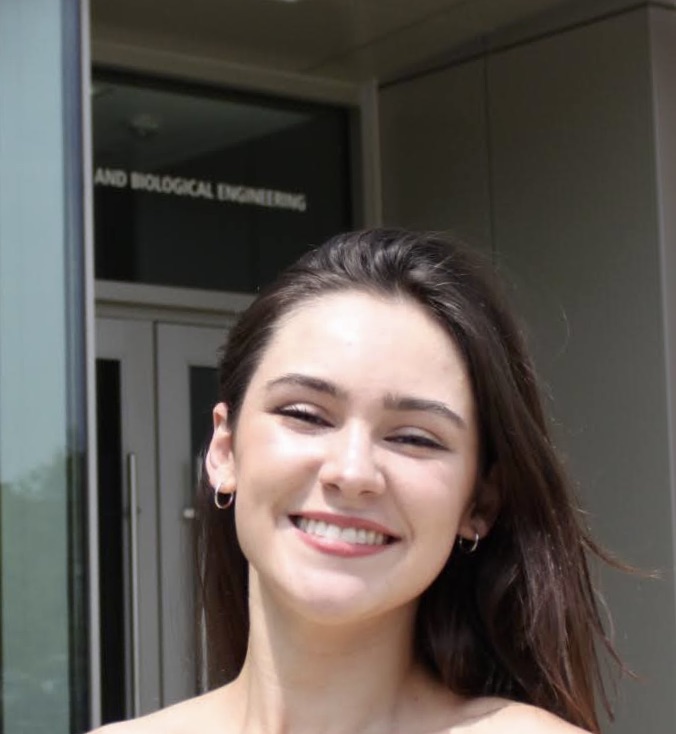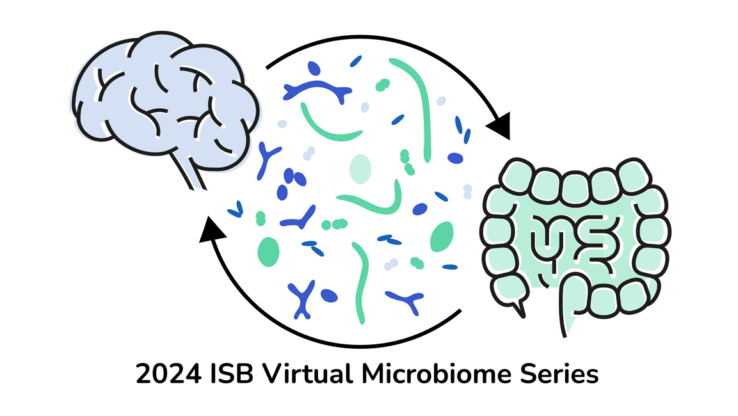Alyssa Easton Joins the Lab
 gibbons.isbscience.org/news/2023/05/15/alyssa-easton-joins-the-lab/
gibbons.isbscience.org/news/2023/05/15/alyssa-easton-joins-the-lab/
Alyssa Easton recently joined the lab as a PhD student from the Molecular Engineering Program at the University of Washington. Alyssa is originally from Indiana, where she completed her BS in biological engineering at Purdue University. During her time at Purdue, Alyssa worked on gene dysregulation in aging photoreceptors with Dr. Hana Hall. She also interned at the SIBYLS Beamline at Lawrence Berkeley National Laboratory to validate AI-predicted protein structures using Small Angle X-Ray Scattering.
For her PhD work, Alyssa will be co-advised by Abigail Schindler at VA Puget Sound. Alyssa will pursue research at the interface of aging, traumatic brain injury, inflammation, neurodegeneration, and the gut microbiome. In our lab, she will leverage large multi-omic human cohorts to look for mediation effects of the microbiome and inflammation on cognitive phenotypes (e.g., pain, anxiety, and depression). In the Schindler Lab, she will work with a mouse model of traumatic brain injury to uncover the molecular mechanisms driving accelerated aging after traumatic brain injury and whether or not the gut plays a role. We hope to identify common molecular mechanisms shared between the mouse and human systems.
Alyssa’s work will represent an exciting new direction for the lab, exploring the gut-brain axis in aging and brain injury through our collaboration with Dr. Schindler.






